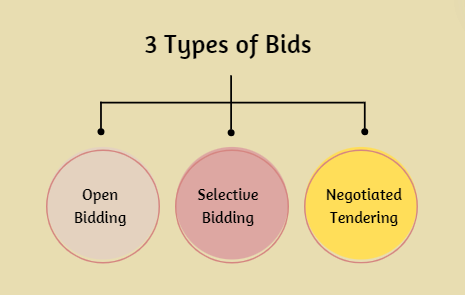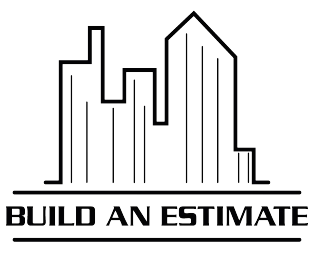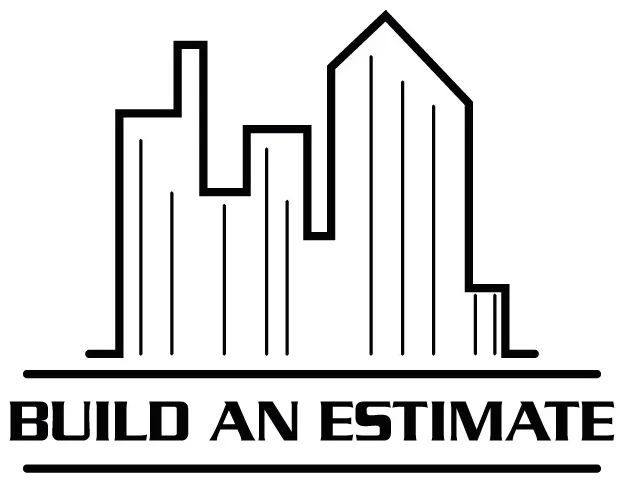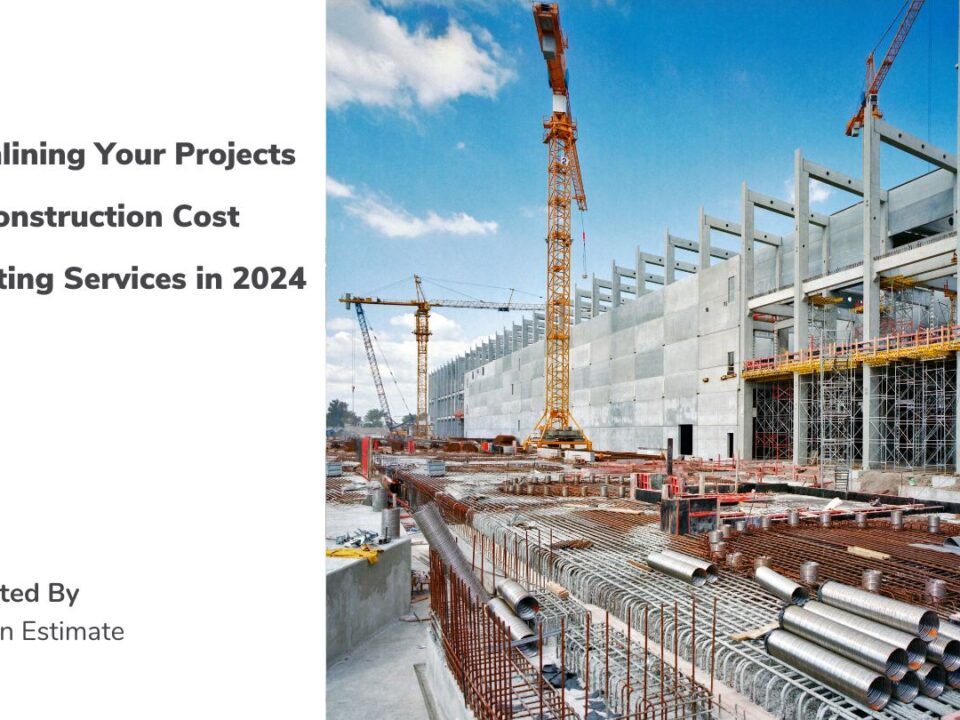- HOME
- SERVICES
- OUR TRADES
- SAMPLES
- ABOUT US
- CONTACT
- Home
- Services
- Our Trades
- Samples
- Pricing
- Blog
- About Us
- Contact
- HOME
- SERVICES
- OUR TRADES
- SAMPLES
- ABOUT US
- CONTACT
- Home
- Services
- Our Trades
- Samples
- Pricing
- Blog
- About Us
- Contact

How to Improve Accuracy with Estimating Methods in Construction – Trends for 2024
April 4, 2024
Optimizing Your Construction Estimating Process for Improved Productivity and Efficiency?
October 9, 2024How to Bid Construction Jobs Successfully in 2024
Do you find a way of how to bid construction jobs with great success? Are you bidding for contracts yet missing out on them even after dedicating time to preparing your bid? Most construction industry workers encounter these issues and may struggle to price their bids to win the contract without making losses. Bidding for construction projects may be quite complex, given the competition and the responsibilities that come with meeting deadlines while cutting costs and still considering the materials’ quality.
This article is here to help you understand how to bid on construction projects effectively. Following the steps and strategies outlined below is important to provide more effective and accurate bids that will win more projects. Here, you will find information on construction bidding, cost analysis, proposal preparation, and tips for developing winning strategies and minimizing risks. Continue reading below to improve your bidding process and secure more construction contracts.
How to Bid Construction Jobs as a Contractor?
Bid strategy for construction projects entails some essential and strict procedures to help in how to bid construction jobs, also in bid preparation, proposal, and professionalism. Here’s a step-by-step guide:
1. Review Project Documents:
Read all the documents pertaining to the project closely, including blueprints, specifications and bid instructions. Always clarify the project requirements and dimensions.
2. Attend Pre-Bid Meetings:
Attend pre-bid meetings to get valuable information and clear all doubts about the project. These meetings offer information and, most importantly, a chance to meet people from related fields.
3. Conduct a Site Visit:
Go on the ground to establish how the project environment looks and what may cause hitches. This helps develop an accurate bid that the contractor can undertake without compromising on quality.
4. Estimate Costs:
- Labour Costs: To estimate labor costs, you need to understand the local labor rates for the skilled and relevant labor’s. Even the labor cost also determines the prices of particular items to install.
- Material Costs: Material costs are determined by the description of the item. Some items may come with a manufacturer and model number. These costs are directly acquired through local market rates.
- Equipment Costs: This should include costs such as equipment rental/hiring and any other expenses associated with maintaining it.
- Subcontractor Costs: You must solicit quotes from subcontractors, which you should incorporate into your bid.
5. Overhead and Profit:
It is recommended to add a particular percentage for the items which are miscellaneous or can be left while making a takeoff in order to cover the price.
6. Prepare the Bid Proposal:
- Executive Summary: Introduce your organization and your conception of the project.
- Scope of Work: Explain the specific steps you will undertake with all the work you hope to complete, the materials you will use, labour, and the equipment you will need.
- Cost Breakdown: Make sure to divide all costs with a high level of detail.
- Timeline: Provide timeline and expected deliverables: Project time sheet with key points.
- Qualifications: Include well-developed information about prior experience and fields that may have earned professional certification.
- Terms and Conditions: The payment for services rendered must be specified in terms, and so should the other terms and conditions.
7. Submit the Bid:
Read through and edit the proposal and then submit it using the guidelines given and by the set time.
8. Follow-up:
Acknowledge receiving your bid and show some level of interest in the project. Prepare answers to questions that may be asked and work out ferrying agreements if the need arises.
By implementing these processes, contractors can develop bids that are considered more acceptable, and some offer them an advantage for getting construction work.
Types of Construction Bids

1. Open Bidding
Open bidding, also called competitive bidding, is a style in which any contractor who meets the requirements can offer to take on the project. This method is usually applied in public projects for competitive reasons, where the contractors are expected to post their bids.
How It Works:
1. Advertisement: The project owner needs to publicly post the project for bids, which can be done through dailies, online classifieds, and project postings on relevant industry forums and government websites. It contains key information on the project’s primary details, submission schedules, and ways of accessing bidding documents.
2. Document Review: Contractors wanting to bid on a specific project seek and carefully study bid documents, which often comprise plans and specifications, bid forms, and statements and conditions. This helps the contractors who take on the projects acquaint themselves with the projects and their demands.
3. Bid Preparation: Contractors prepare bids by cost-estimating materials and equipment and estimating over can. They also contain details of the academic and professional background of the people involved, proposed schedules, and other important particulars.
4. Bid Submission: Bids are submitted according to the instructions in the bid documents, which the contractors obtain. This often entails tendering a closed bid at a stated time of the project’s completion.
5. Evaluation: After the bid submission deadline, the receiver opens all the bids received and assesses them. A typical evaluation process may include comparing the bid prices, certifying the contractor, and adhering to bid specifications.
6. Awarding: The actual awarding of the construction contract is done through bidding, which is the process whereby the project owner gives the contractual right to perform construction work to the lowest responsible bidder or the bidder most capable of meeting the project’s demands. This decision often hails from stability, firm experience and effectiveness in the quality of work delivery.
Pros:
- Wide Competition: This can attract a large number of contractors, creating competition among them and, hence, ensuring improved costs.
- Transparency: This maintains efficiency in the contract award process, as all businesses bidding for a contract are equal since they are competing.
Cons:
- Time-consuming: This can sometimes take a large amount of time, due to the numerous bids that must be submitted to evaluate a particular contractor.
- Quality Concerns: The fixation on the lowest bid can sometimes have drawbacks, particularly in a situation where contractors may compromise on the quality of their work in an effort to obtain the bid.
2. Selective Bidding
Selective bidding means that only particular contractors can tender for a particular project. This method is useful when the project owner is willing to spend a little extra time selecting a contractor for something more complicated or specific to ensure they consider only the most pre-screened and reliable ones.
How It Works:
1. Pre-Selection: The project owner prepares a list of qualified contractors who meet specific criteria, such as experience, specialized area of focus, financial strength, and previous performance data. This list is generally developed from contractors previously employed on the same type of projects or with similar experience.
2. Invitation: An invitation to bid involves sending documents to the selected contractors that include the project specifications, drawings and terms of the bid. The invitation can also contain information about the pre-bid meeting to discuss some aspects of the project and concerns.
3. Bid Preparation: Invited contractors prepare their tenders by making cost estimates and preparing their detailed plans. They also consider any special circumstances or considerations specified in the project documents.
4. Bid Submission: They are expected to propose the project’s intended prices by the set date of bidding, as detailed in the invitation to bid.
5. Evaluation: The project owner analyzes the bids regarding the price, quality, and the contractor’s expertise in meeting the owner’s needs. The assessment procedure is generally less time-consuming because the list of potential bidders is shorter and comprises qualified contractors.
6. Awarding: The project is then tendered to the contractor willing and able to deliver the project at the lowest cost for the highest quality. The project owner may negotiate the contract terms with the intended contractor before drafting the final copy.
Pros:
- Quality Assurance: Strictly limits the bidding to only experienced and proven contractors to obtain better quality and exclude chances of work delays or emergence of problems.
- Efficiency: The process is faster because there are limited bids submitted and only pre-approved contractors, so decisions on how to proceed with the project can be reached much quicker, making the project start faster.
Cons:
- Reduced Competition: This reduces the number of competitors, which can reduce price pressures and limit the number of novel ideas.
- Potential Bias: Another disadvantage of a pre-selection procedure is that it may entail perceived bias or favouritism if the selection process is not thoroughly explained or if the criteria for choosing the candidates have not been clearly stated.
3. Negotiated Tendering
In negotiated tendering, negotiation of the tendering process is undertaken directly with one contractor by the owner of the project. This method mostly arises when there is a large and complicated job or the project owner wants a contractor with whom she or he has a long-term business relationship.
How It Works:
1. Selection: The project owner chooses the contractor with the right qualifications, a good reputation in the market, and a previous performance history of delivering quality projects. The choice is sometimes made without a hard rivalry, which means that the contractor knows how to do his work and can be trusted.
2. Negotiation: During the bidding process, the project owner and the Contractor enter into common and specific negotiations concerning the details of the Contract, such as the work to be done, its cost, time scale and other conditions as may be stipulated. This process enables both parties to collaborate and eliminate anything that might be a problem or an extra feature.
3. Agreement: After reaching an understanding of the terms to which they agree to be bound, both parties draw up the contract that details and stipulates the obligations, the products/services and the price for those services/products. The contract can be less defined than the documentation/records since it may contain provisions that allow for some changes during the project’s development.
4. Execution: After negotiations, just as planned, the contractor proceeds to undertake the project with the agreed-upon conditions. During the project, communication between the project owner and the contractor is always kept open, especially for instances where there is any change or complication that will require alternative action.
Pros:
- Flexibility: This provides flexibility to the parties so that change can be incorporated midway through the negotiation process if the particular project entails special requirements or contingencies arise.
- Speed: Especially quicker than competitive bidding because of the direct award and negotiation, essential for the immediate commencement and execution of a project.
Cons:
- Lack of Competition: The decision makers understand that there is no competition and no other firms bidding, which can drive the cost.
- Transparency Issues: Some may experience increased uncertainty and question the process’s fairness due to favouritism or other possible conflicts of interest.
With these different construction bid types and detailed procedures, project owners and contractors can select the most suitable bidding procedure for their projects while considering the costs, quality and time frame.
CTA: Streamline your bidding process and ensure accurate costs with our professional estimating services. Get a free quote today!

Tips for success When Bidding On A Job:
It is essential to understand that how to bid construction jobs effectively and winning a bid depends on various important factors when construction jobs bidding for a particular position. Here are 10 tips to help you secure that position:
1. Understand the Job: This is a good opportunity to understand what the job and the employer expect of you and what it takes.
2. Tailor Your Application: Ensure that the application addresses all the requirements and duty descriptions contained in the job advert.
3. Highlight Relevant Experience: It is advisable to present experiences most relevant to the specific position being applied for.
4. Demonstrate Skills: Always ensure that you showcase qualities you believe will suit the position.
5. Be Clear and Concise: There is no way around suggesting that you avoid using complicated terms and instead use straightforward and easy-to-understand language.
6. Showcase Achievements: When applying for a construction jobs bidding, it’s important to have examples of prior performance that showcase your strengths.
7. Use Active Language: Use the active voice to convey confidence and assurance in the message to audiences and readers.
8. Be Honest: Another important piece of advice when composing your cover letter is to be honest about your qualifications and experiences.
9. Follow Instructions: Please ensure you follow all the application instructions carefully, as they may be a requirement.
10. Proofread: Carefully read through the application and ensure you have not made any mistakes in the document before submitting it.
If you follow these tips about how to bid on construction projects, you’ll have a higher probability of success when bidding for a particular job. Always dress appropriately and learn how to market yourself and your ability to do the job.
Conclusion
Bidding is a crucial yet challenging process that is a foundation for building a profitable construction company. So, when it comes to tenders, mostly questions are how to bid construction jobs or how can one improve the likelihood of securing contracts by knowing the simplest rules, devoting enough time and energy to the preparation process, calculating costs correctly, and writing a convincing bid proposal? It is important to always follow up on your submission and actively look for feedback to enhance your workflow. Although you can get Build An Estimate professional help with streamlining and optimising your bidding with an accurate costing of each bid. If you follow certain guidelines about how to bid for construction jobs and pay enough attention to details, you can transform bidding difficulties into opportunities.
FAQs:
How to estimate a construction bid?
Construction bid cost estimates should be based on workmanship, required materials, tools, and other related expenses. The process includes dividing the project into tasks, obtaining quotes from suppliers and subcontractors, and accounting for contingencies in cost estimation.
How to structure a construction bid?
Organize a construction bid by summarizing the proposal and listing necessary activities, pricing, project duration, credentials, pricing and terms, and any other information the client requires. The key is to present all the facts in an orderly and professional manner to make a convincing bid.
How much does it cost to submit a bid?
The amount, scope, and terms of a bid proposal and submission charge depend on the amount. The charge usually includes the costs of employees, materials, equipment and other charges made during the bid preparation.
What if I miss the bid deadline?
The expensive loss of any bid is not getting to the bidding time limit. Many people who want to bid would always be wise to read the documents well and offer their bid before the bid submission date is closed.
Can I negotiate the bid terms after submitting my proposal?
It is important to understand that negotiating bid terms after a proposal is sent depends on the client’s policies and choice. Some facilities may be flexible and allow the client to negotiate for the services, while others may have a policy. You should try to clear any issues before bidding for a project or company.
How long does the bidding process typically take?
The bidding process has different durations depending on the extent of the project, the degree of difficulty and the client’s time frame. It may vary from a few weeks to several months or even years, starting from the invitation to bid to contract award.
Where can I find more information about construction bidding laws?
Additional information on legal provisions concerning construction bidding can be obtained from government bodies, construction industry organisations, journals, lawyers, and consultants who deal with construction law. Furthermore, bid documents that show the legal requirements to be followed can be considered, and attorneys can be consulted for legal compliance.





